 The project is looking for an education / engagement consultant to produce a ‘Protest in a Box’ resource kit for use with schools and interested community groups, working collaboratively with schools, groups and the Project team. The budget is £4000 inclusive of expenses, work needs to be completed by September 2019 and the deadline for applications is Friday 17th May 2019. Please email Claire on c.selby@lancaster.ac.uk for more details. We would love to hear your ideas!
4 Comments
Last week was an exciting and busy time for the Remembering Resistance team, as we organised two pop-up events on Thursday and Saturday, and a workshop on Friday. We are so grateful to everyone who took the time to share their inspiring stories with us and are incredibly excited about the next phase of the project. Thursday saw the team in Lancaster city centre as part of Lancaster University’s Campus in the City event. This brings people from across the university to the city centre to share their work and research. Remembering Resistance set up in a shop along with the Documenting Dissent project. We had a terrific day talking to people about activism, ran some of our activities, and showed our timeline of protest in the North of England over the past 100 years. We also heard some amazing stories from women about their activism. We were inspired by one woman who stopped to tell us about her lifetime of campaigning. Starting at the age of five, she marched for the National Health Service with her Dad, going on to set up a shelter for victims of domestic violence in Lancaster, and has been an active campaigner for a range of causes ever since. Now 85, she emphasised how important it is to let young people know about how women have fought for change. She left a real impression on us and gave us even more energy to capture and celebrate women’s stories of activism. On Friday, we held a workshop at Lancaster University with our volunteers to collaboratively explore what we wanted to show in the final project exhibition. Over the past few months, the volunteers and Richardson Institute interns have been busy collecting loads of data on protest events as well as conducting oral histories with women. Together, we looked at this data to get a sense of what stories we might highlight in the exhibition. We also did a fun exercise to design what the exhibition might look like. We came away feeling energised and really positive about what we have collected, what we have yet to do, and the amazing things that women have done in the past century in the North of England. Finally, the team went to Durham on Saturday to take part in the Women’s Banner Group Hustings. Held in the 113 year-old Durham Miners Hall at Redhills, the event brought people together to celebrate women’s achievements in the North East. It started with a great discussion on the strong history of women’s activism in Durham. The hustings was really enjoyable, as people stepped forward to nominate women for a blue plaque. If successful, this would be only the second blue plaque in the city about a woman! The stories we heard of resilient, independent women were incredibly powerful and so very clearly demonstrated that Durham women are, indeed, fighters! The week that was gave us much to think about and definitely much to celebrate so thanks again to everyone who took part! The events programme for Remembering Resistance has started rolling. So far, we have held two fantastic events and had a really enthusiastic response to the work we have done on the project up to now. On Saturday 2nd March for International Women's Day, we were at the Working Class Movement Library in Salford where project lead, Sarah, led a lively talk and discussion around women in activism over the last century. It was also the first time we trialled our activities to really get people involved in the project, sharing their stories and helping to understand how women's activism and its relation to place has changed over time in the North. The library was a wonderful place to hold the event, and to engage with such a diverse and engaged audience. Special mention also has to go the volunteers of WCML who in the run up to the event, and on the day (including limitless supplies of tea and biscuits!) were wonderful and helped deliver a really successful afternoon of discussing and sharing stories of women’s experiences. On the following Saturday, we had a stall at SUMMAT 2019, in Leeds, a festival of resistance organised by Leeds Tidal. As well as having the chance to take part in some fascinating talks and workshops (and a gorgeous shared lunch!), we also made contact with loads of women keen to take part and spread the word about the project.
Thanks especially to the project volunteers who were great at helping out at both events, engaging with everyone, being massively enthusiastic and generally being awesome! We’ve now had four of our Citizen Volunteer training days on the Remembering Resistance project, and it’s been quite a whirlwind. The training days began in Lancaster in November with seven volunteers from around Lancashire and Yorkshire coming to hear more about the project, learning how to undertake oral histories effectively and finding out how to search for protest-based material on databases and in archives. In January, we repeated our training day in Lancaster with four, new volunteers from around Cumbria and Lancashire; this was followed by a training day in Leeds with four volunteers from Yorkshire, and another day in Durham with seven volunteers from County Durham, Derbyshire, Greater Manchester, Yorkshire and Liverpool. One word that sums up the collective experience: amazing! 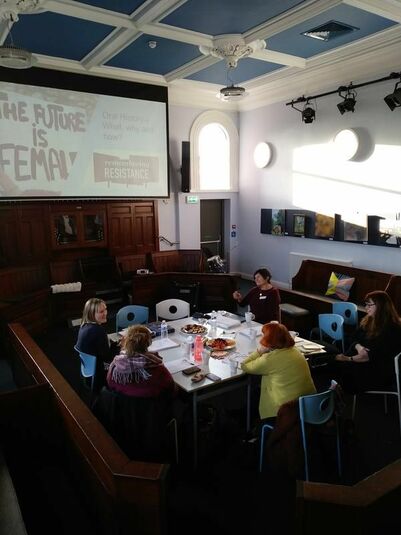 First, a word about the volunteers: the people we have had the pleasure to meet are such an eclectic bunch of women (and two men!) with a whole host of life and protest-based experiences. Their stories of activism and of fighting for causes they believe in, whether locally or abroad, are so varied and so inspiring. We have already learned a lot from what they have done, and have very much valued their input into making training days and beyond incredible. Second, a word about venues: in Leeds and Durham in particular, we have been met with the most gracious, friendly and accommodating people who have met and easily exceeded our training day needs. Whether it was in providing us with stunning rooms, fantastic and ample food or extra spaces when we needed to spread out, we can’t say enough positive things about being hosted in fabulous community spaces. Where possible, we plan to continue carrying out our project in these smaller venues, as they feel like exactly the kind of places where activism lives and breathes. So if you’re in Leeds, please check out the Chapel FM Arts Centre, and if you happen to visit Durham, please go to Alington House. 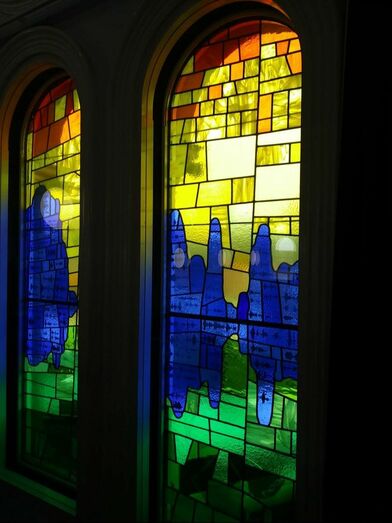 Finally, a word about keeping this energy up: from our many conversations with the volunteers, we definitely found that there is an appetite and, indeed, a desire to capture, record and make visible the stories of women’s involvement in protest over the last 100 years in the North of England. Sometimes this can sound daunting, as there is so much ground to cover, novel technologies to learn and new relationships to broker. Meeting the volunteers over the past few months, though, has filled us with complete confidence and joy that, together, we can smash this and co-develop a project that is greater than the sum of its parts. In short, we will make something amazing! We have had some amazing media coverage recently in the Sheffield Telegraph and in the Sheffield Star and have had some fantastic participants come forward to share their stories as a result. Women with many memories of protests from the 1960s to the present day are all keen to have their voices heard and inspire others to campaign for what they believe in. If you would like to join in, do get in touch - we would love to hear from you!
Happy New Year! We had a great 2018, and we're really looking forward to the year ahead. We've got lots of plans for the project, and can't wait to get started! One of the things we're most looking forward to is working with like-minded people who share our interest in celebrating and supporting women's involvement in politics and activism. So we're absolutely delighted that we're going to be working the Women's Banner Group. The Group is based in Durham and is led by the terrific Laura and Lynn. We're hoping to have a joint event up in Durham in the early part of the year - we'll let you know as soon as we have more details. In the meantime, we wanted to share some more information about the Women's Banner Group, and would encourage you to check out their website or Facebook page to learn more. The Women's Banner groupThe Women’s Banner Group was set up by social and political women’s activist Laura Daly in response to the commemoration of 100 years since Suffrage. Laura's goal was to have the achievements of women recognised as an important part of Durham's history and success. Joined by fellow local activist Lynn Gibson, the journey to form the group began. The Group identified a need for female representation and celebration in the region, and wanted women's role reflected in the Durham Miners’ Gala. The Gala is one of the world’s biggest annual gatherings, held on the second Saturday in July, and is associated with the region’s coal mining heritage. It has now grown into ‘Europe’s’ or ‘one of’ the world’s largest socialist gatherings, comprising not only all of the traditional coal mining banners, but banners and flags from trade unions and socialist societies. The 2018 Durham Miner's gala
The work to design, create and promote the group brought on board creative quilter Mary Turner and local activist Heather Wood who was heavily influential in forming the Free Cafés of Easington and beyond during the 1984 miners’ strike. With legends like these attached to the project it was sure to be a huge success. Over a dozen women’s groups from all backgrounds throughout the region became involved to help design a full sized patchwork banner to fly at the 2018 Gala. The project brought together over 60 women with varying passions and ideas, as well as activists from many different causes which the Women’s Banner Group was happy to share and campaign alongside. Not only did the group become affiliated with the Durham Miner's Association, their banner was blessed at the historical Durham Cathedral service following the Gala; a huge honour which truly celebrated the work these women, and the women who inspired them, had done. The attention the group gained was true testament to how necessary it was for women to have an outlet for their campaigns, a place to find support from other women, and somewhere to celebrate each other. Looking aheadThe success of the group has meant this year’s plans are even bigger. This year, they're hoping to raise enough funds to commission a full miner's sized silk banner to be designed and created by the incredibly talented Durham Bannermakers. The Group has other ambitious projects including erecting a blue plaque in honour of a woman (currently in County Durham the only blue plaques are for men or buildings); completing a book of inspirational women; and are even looking into developing a female statue to represent women’s struggles in the area.
The Group will be working with school children across the County on workshops they have created to encourage creativity, activism, and knowledge of historical struggles, with the hope they will find this empowering. The Women’s Banner Group and the Remembering Resistance Project are really looking forward to collaborating in 2019. Early in the new year, we're planning to hold a mock hustings event where we'll invite women to “pitch” for their chosen Inspirational Woman to be commemorated on a blue plaque. We'll let you know more about this as soon as we have the details. In the meantime, here's to a wonderful 2019! Our last event of the year was our second Advisory Board meeting which we held in Weston Park Museum in Sheffield. It was a great opportunity to update the Board on what we've been up to, and to get their thoughts about how we can continue to develop the project. There were even mince pies, courtesy of Claire our Project Officer! 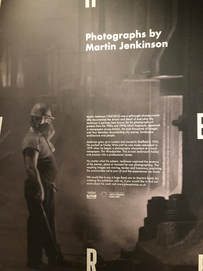 We were also treated to a tour of ‘Who We Are’, an exhibition of photographs by Martin Jenkinson currently on at Weston Park Museum in Sheffield. Martin’s photographs captured some of the iconic protests of the 1980s including the Miner’s Strike. We would all heartily recommend it, it’s well worth a visit! All that remains now is to say thank you from all the whole team for the support the project has received from different communities, individuals, and organisations who share our commitment to capturing and celebrating women's efforts to bring about political change. We can't wait for 2019! 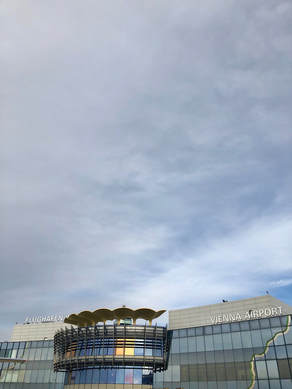 We felt very fortunate to be able to head out to Vienna in December and take part in a conference on Protest and Dissent. The conference brought together a wide range of academics, as well as some activists, to discuss research and experiences of protest. We had a great session talking about the project, sharing our ideas, and inviting delegates to try out some of the activities we're planning to use in the community pop-up events. Some of the conclusions we shared with the conference included:
The conference was also a really good opportunity to try out some of our activities with the conference delegates. The photos below show us taking over the conference hotel bar to test some of our ideas! The activities we tried out were 'Paths of Resistance', which invites participants to map the route of a protest they've been on, and 'Design a Protest Space' which involved designing a 'good' site to hold a protest in. We were extremely grateful for colleagues' constructive and good humoured approach to our ideas, and we're now rethinking some of the activities based on their feedback And of course, while we were there, we took the opportunity to have a quick look round Vienna and get into the festive spirit.
The project really came to life when we met our volunteer citizen researchers for a two-day training session in late November. It was great to meet people as inspired by us by women who have fought for political change. As well as volunteers from the wider community, we were really pleased to welcome on board members of the Richardson Institute intern programme who will be working with us over the coming months. We were delighted that two colleagues from Lancaster University came along to help deliver the training. Paul Newnham, from the Library, showed us how to carry out desk-based and archival research, whilst Dr Sam Riches from the History department, taught us how to conduct oral history interviews. We ended our first day with a meal at The Sun Inn in Lancaster, where as well as enjoying some nice food and great conversation, we took the chance to talk to some of the other diners and recruit a few participants!
The Regional Heritage Centre is based at Lancaster University and engages the community in the history of the local area. They run a programme of events, one of which focused on Political Radicalism and Dissent in the Early 20th Century which we were delighted to contribute. It was great to learn from the other speakers about radical ex-servicemen, local suffragists, and dissent associated with World War I. We also learned a great deal from attendees, many of whom had been active in politics or protest over the years. To capture some of the audience's ideas about the project, we invited them to record the names of prominent women or places associated with protest in the North. We weren't disappointed! The images below show some of the responses we collected and we very much enjoyed going through them and following up some of the great ideas attendees shared with us.
|
BlogHere's where we let you know what we're up to Archives
April 2021
|

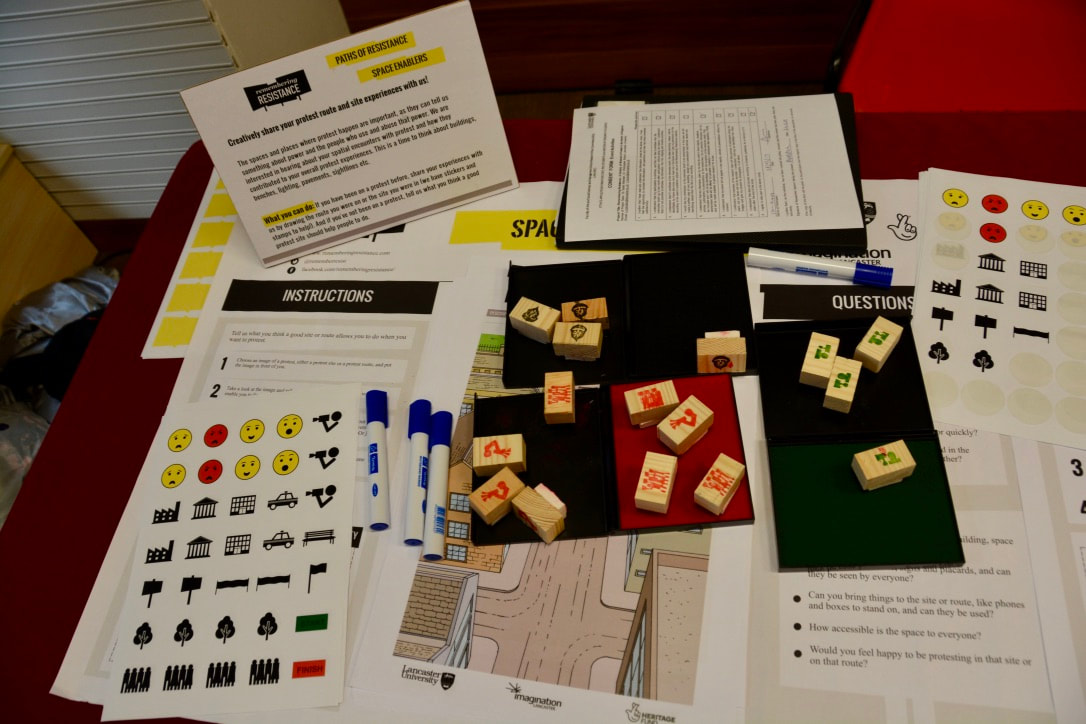
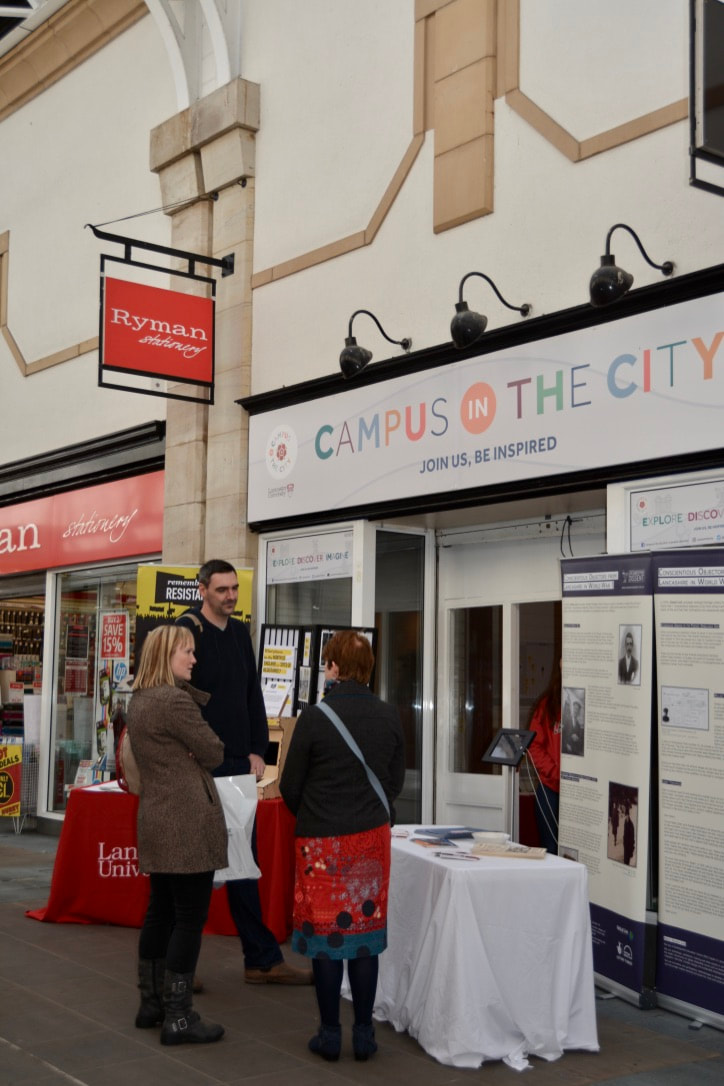
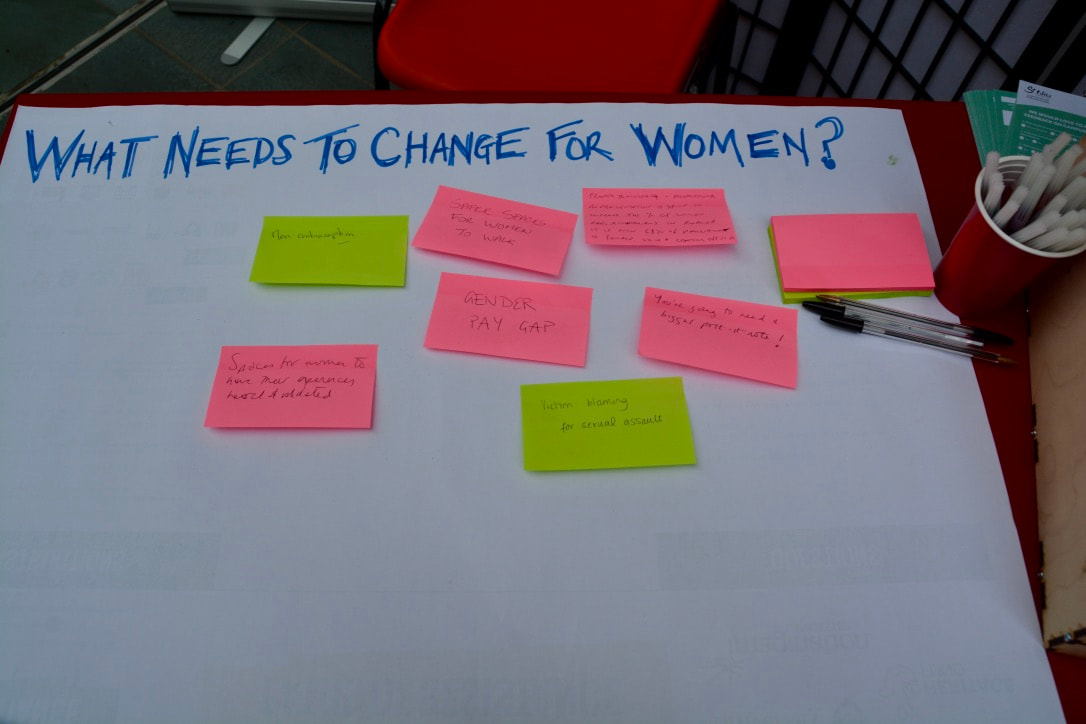



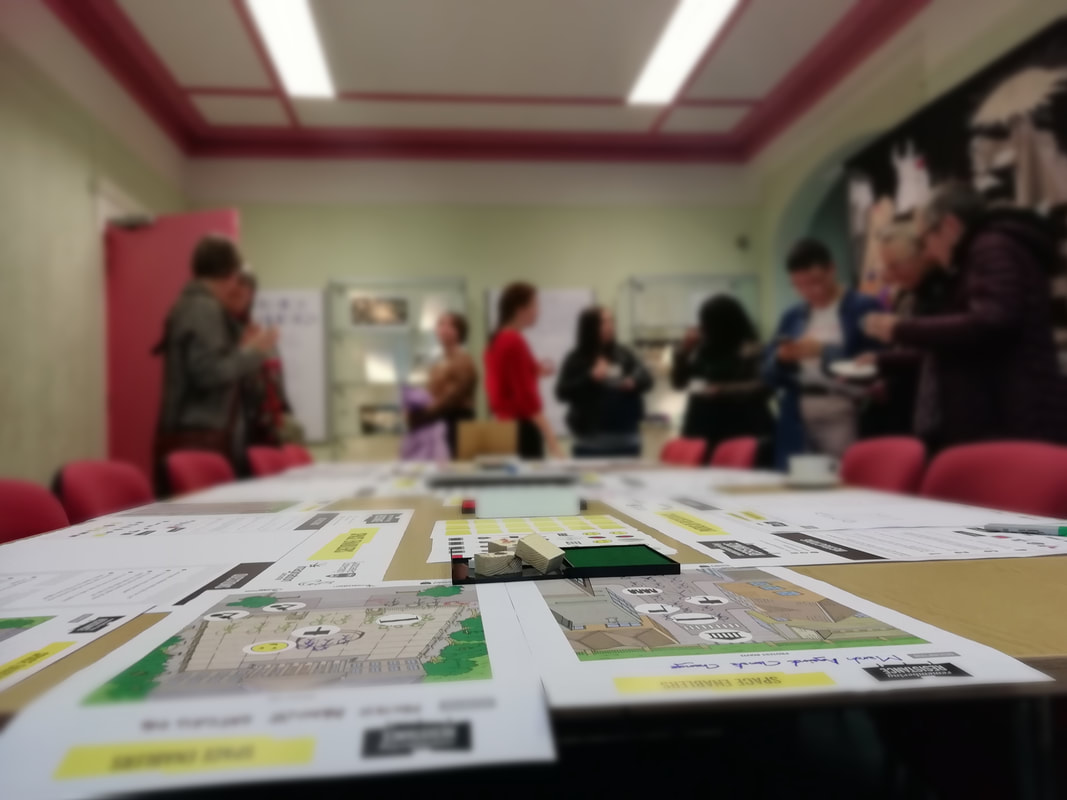
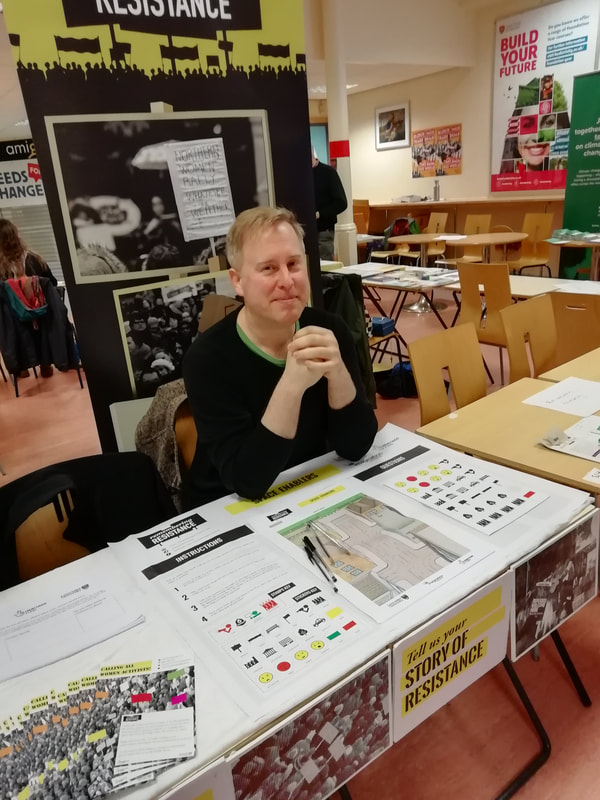
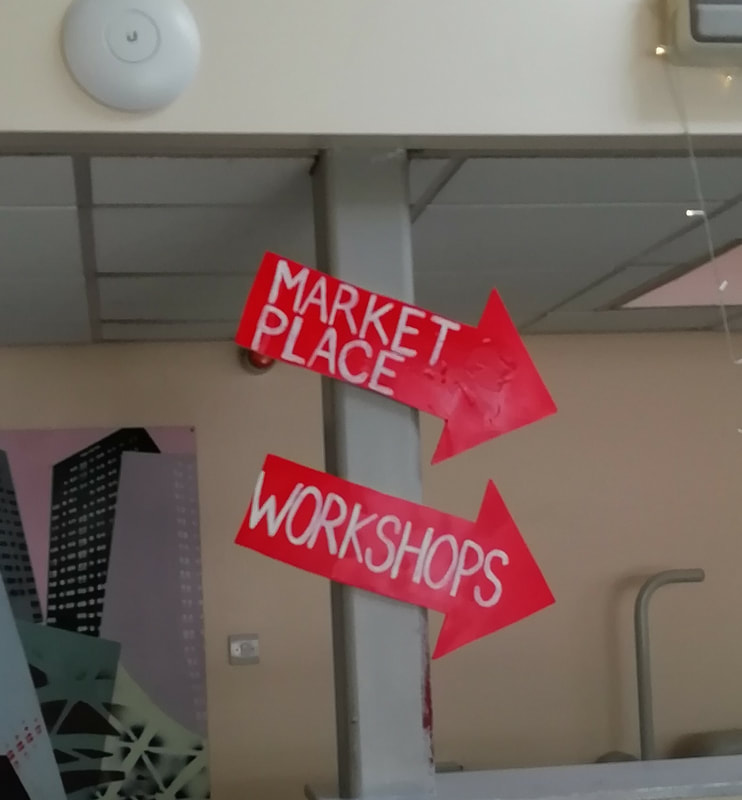
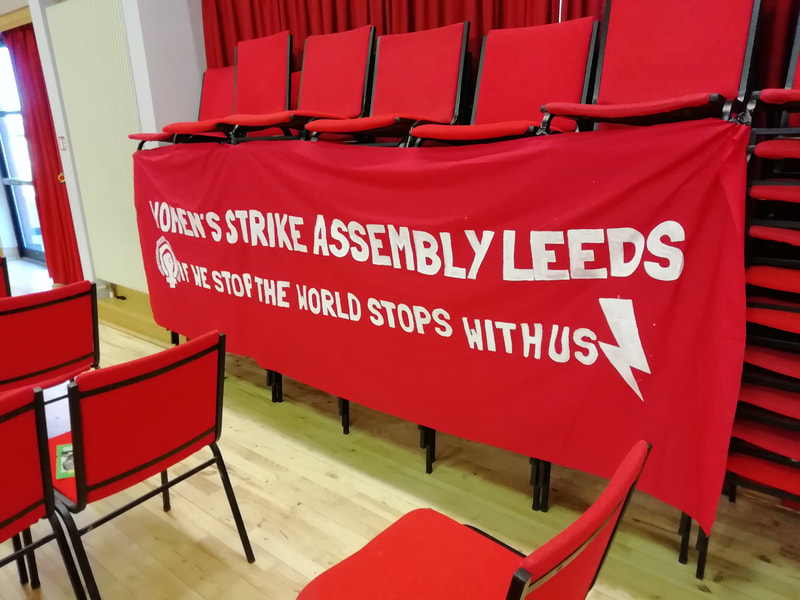
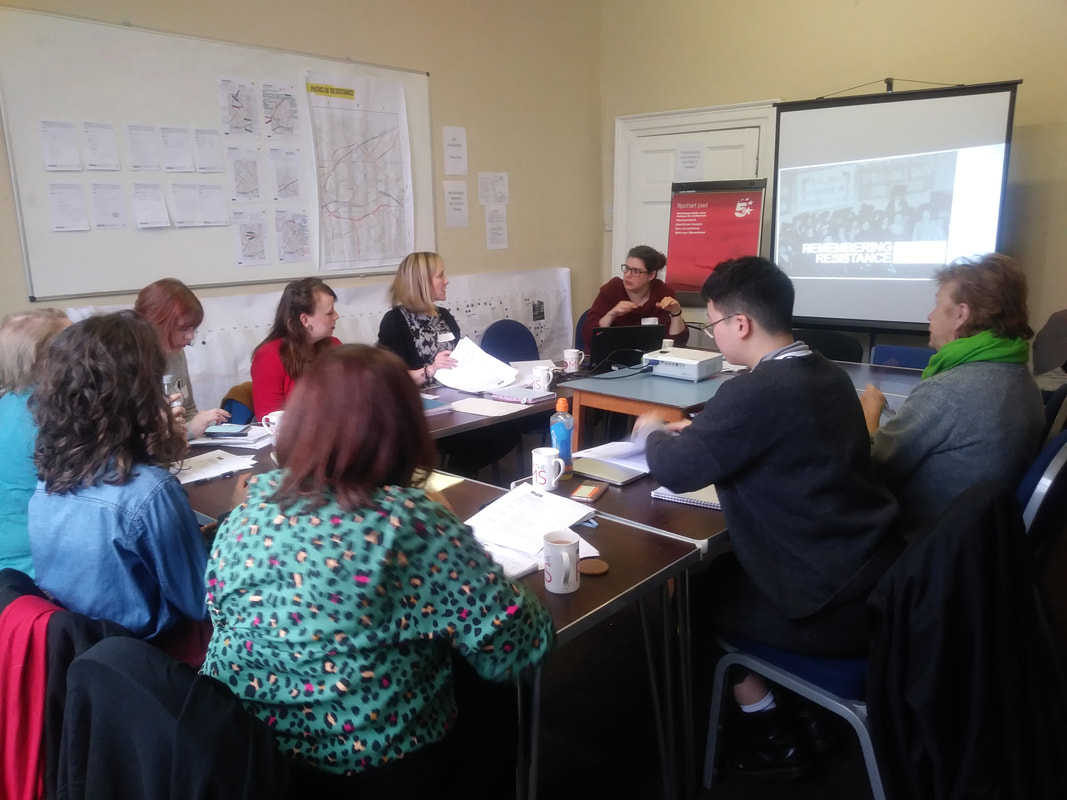
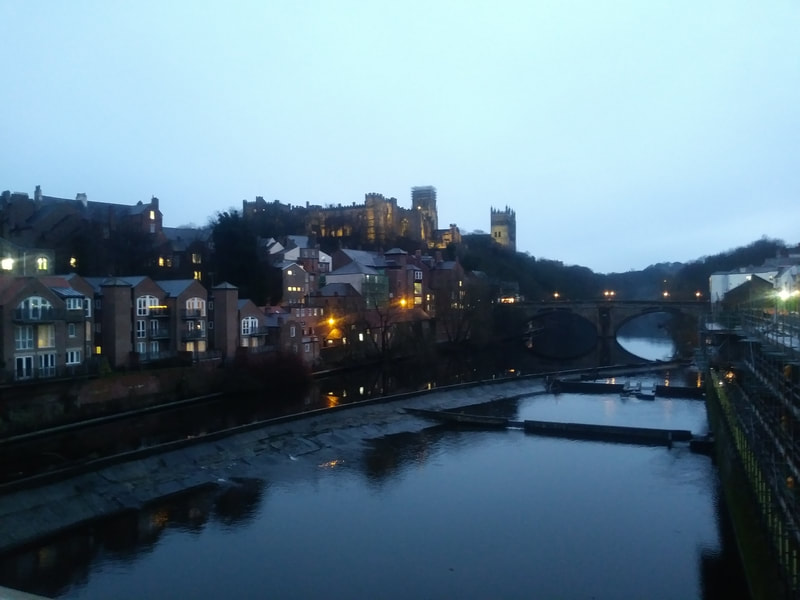
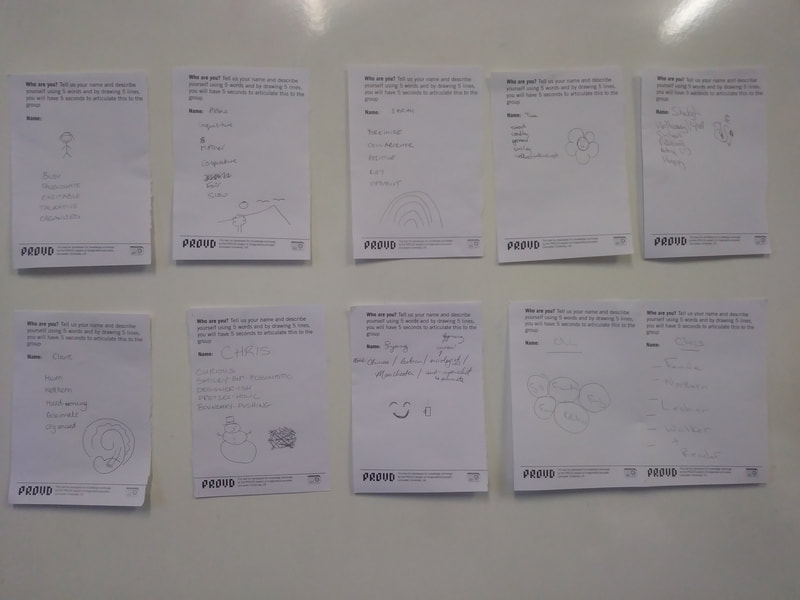
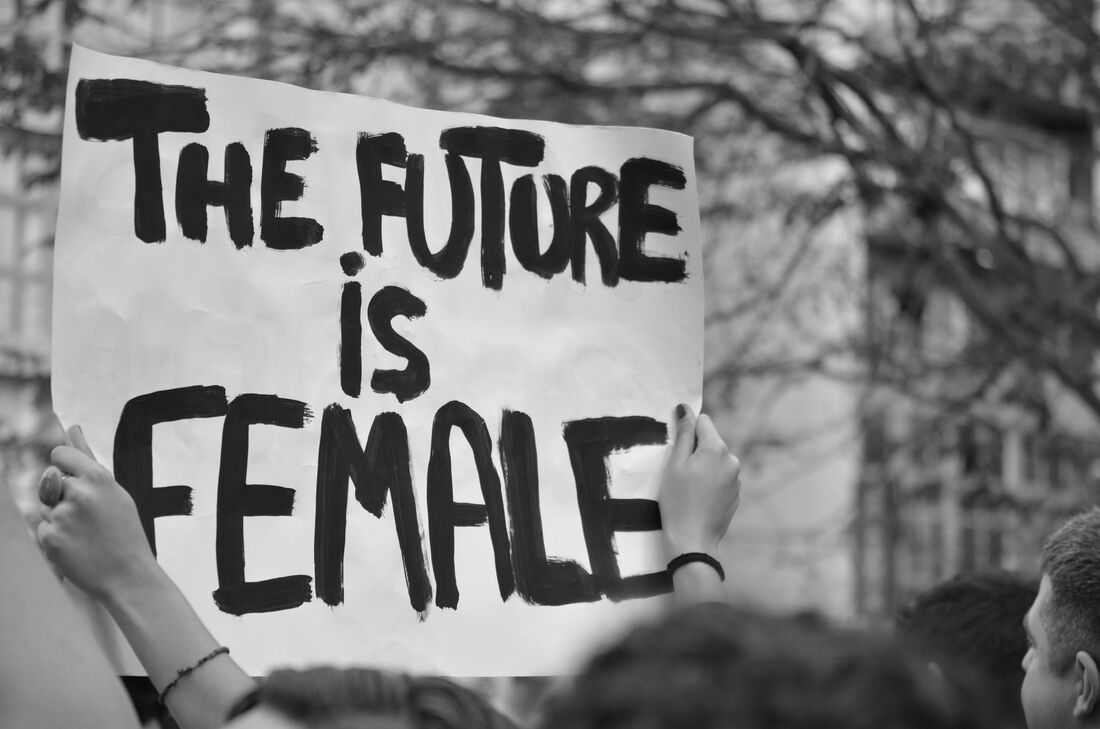

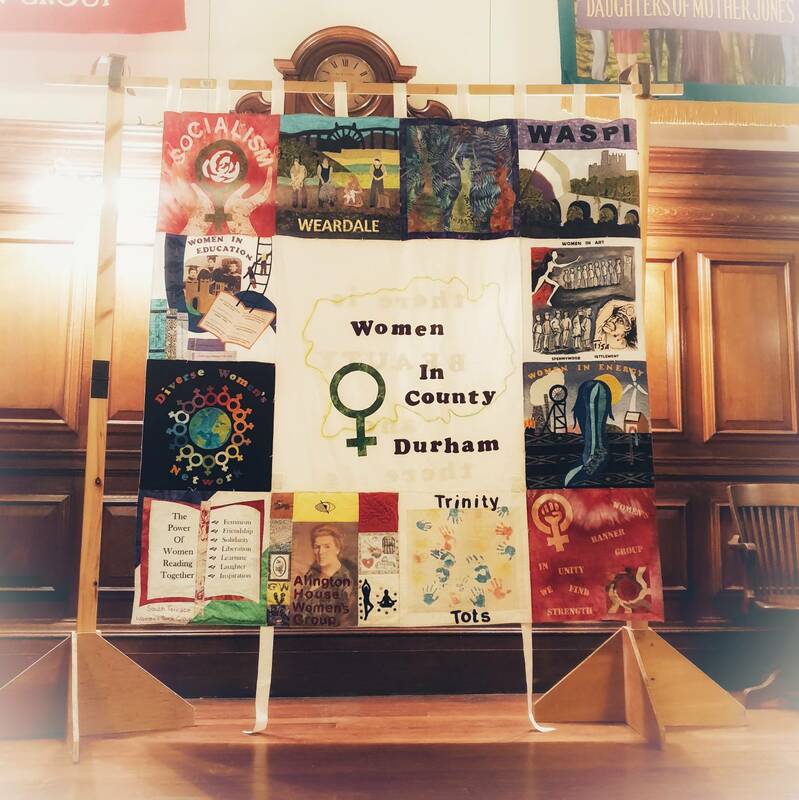
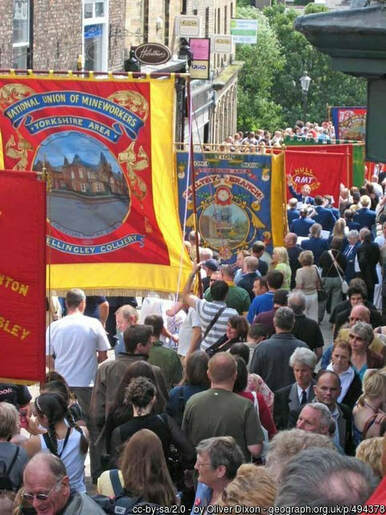
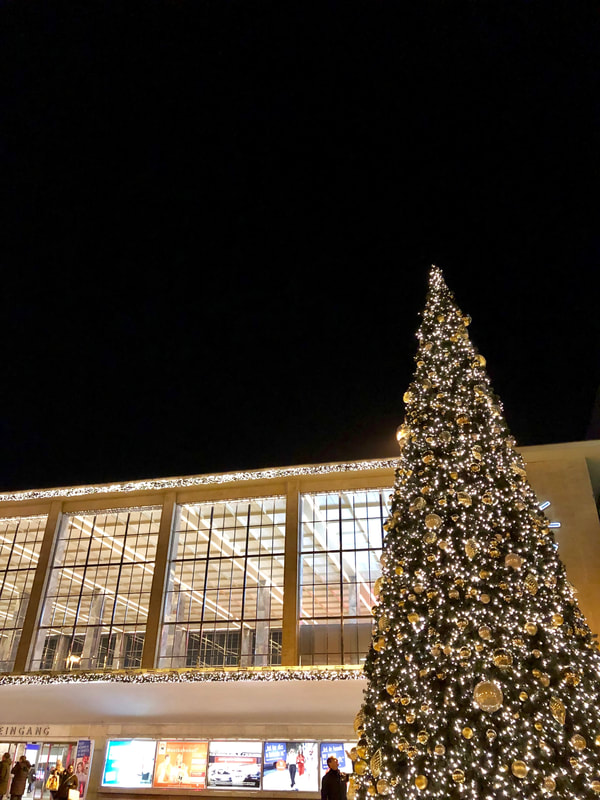
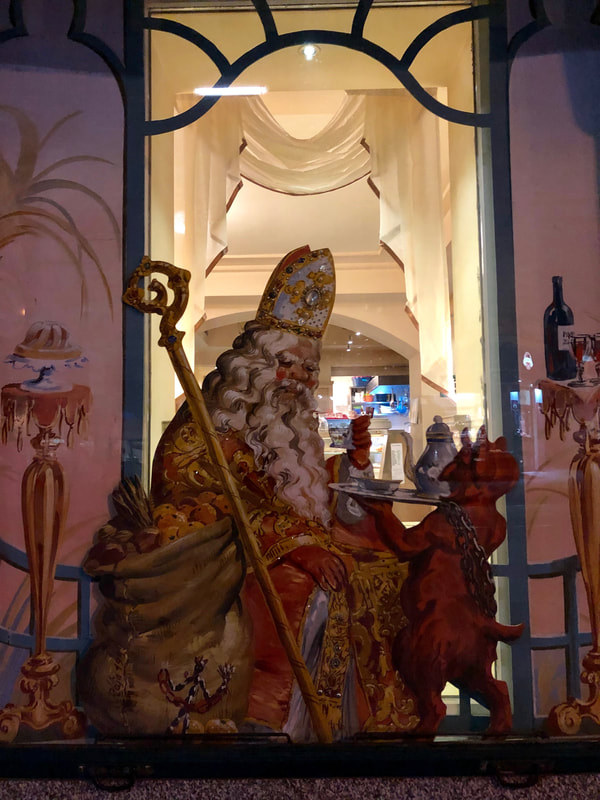
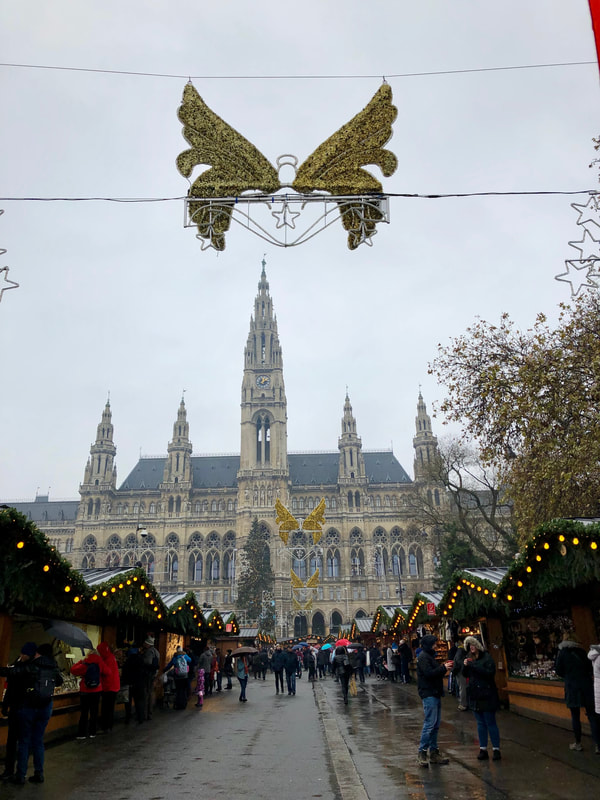
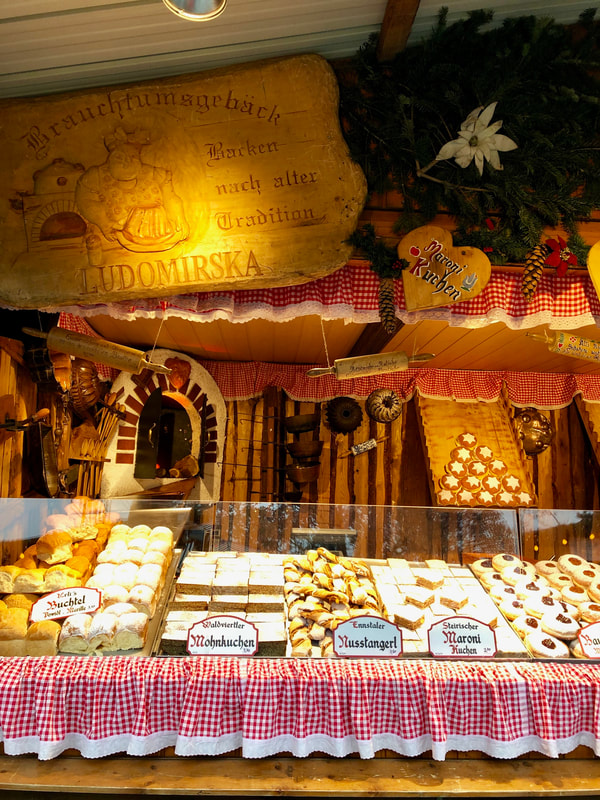
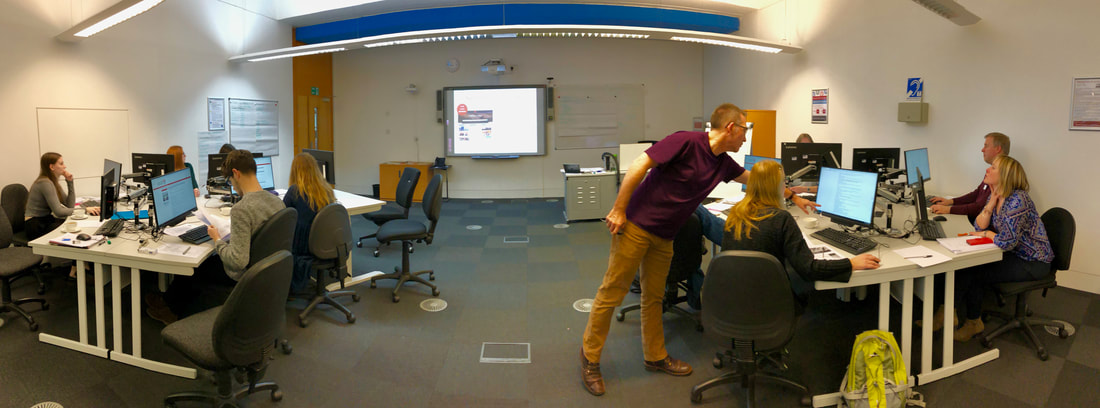
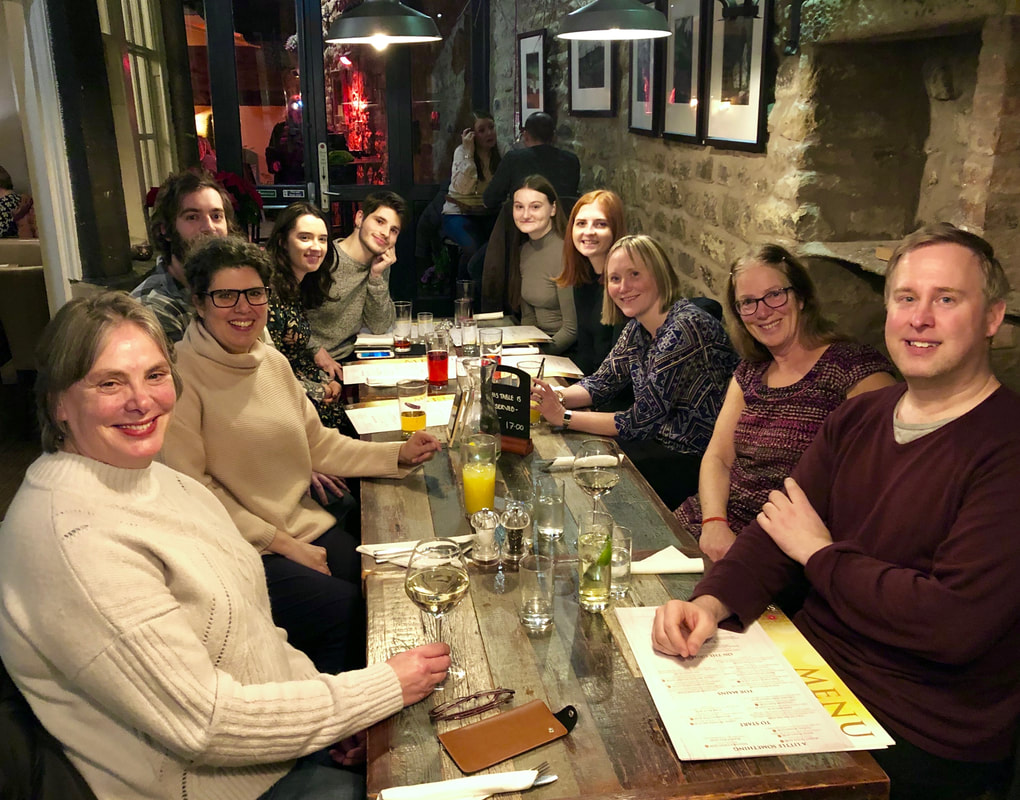
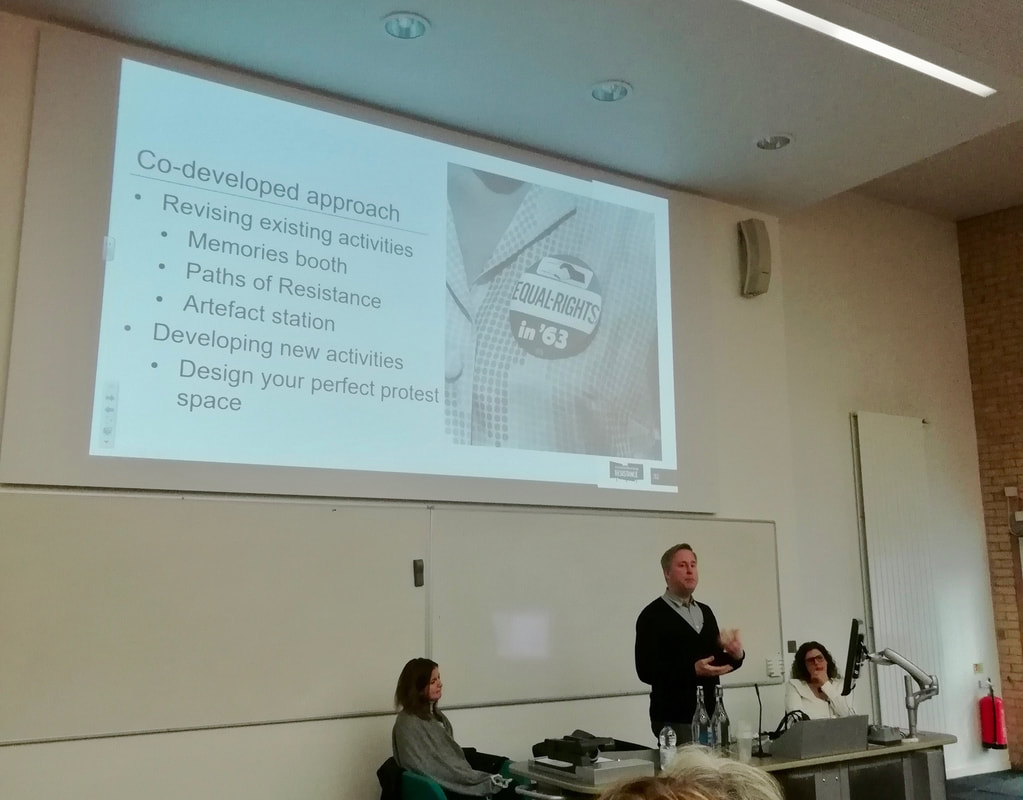
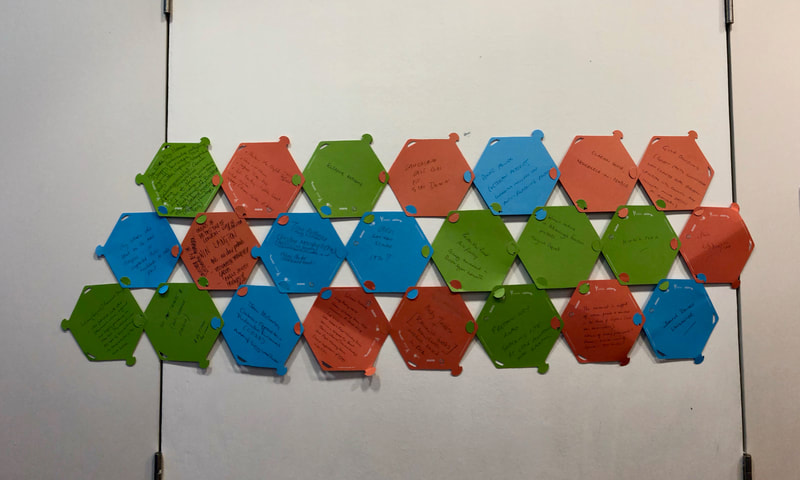
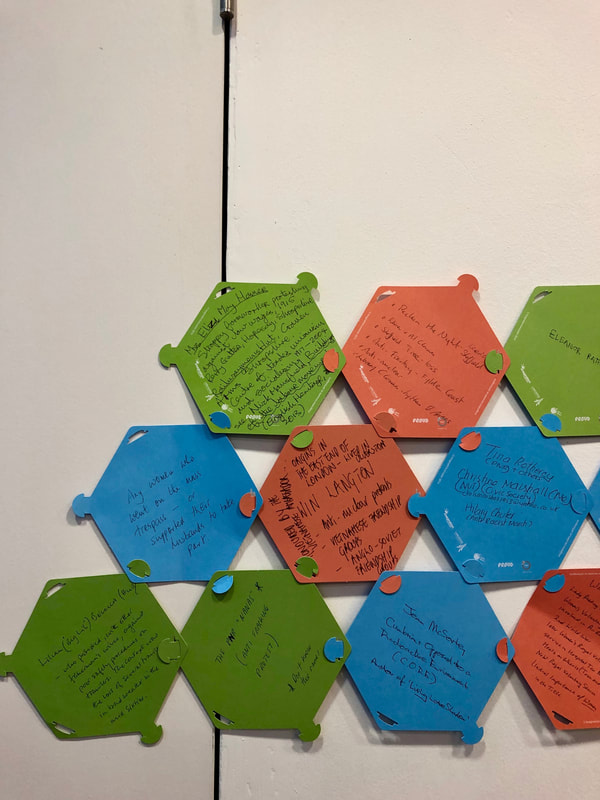
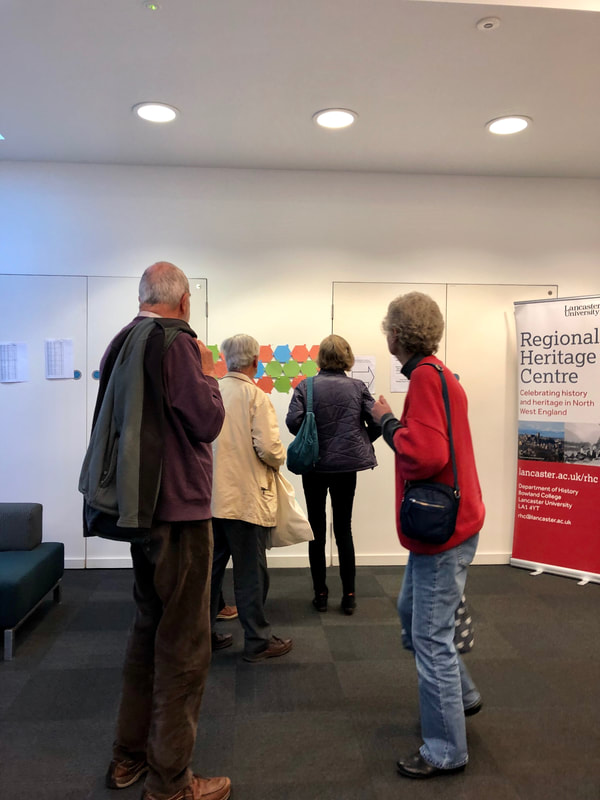
 RSS Feed
RSS Feed